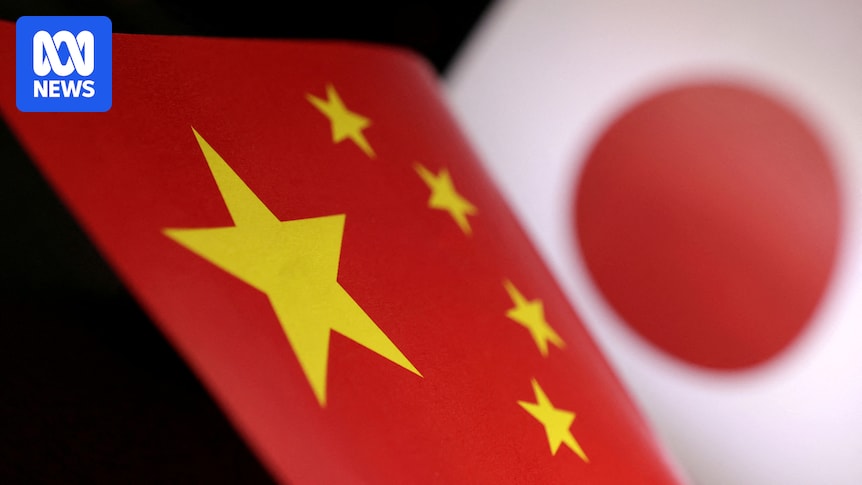
Japan has issued a warning to its citizens residing in China, advising them to remain vigilant and avoid large gatherings. This advisory comes as tensions mount over Prime Minister Sanae Takaichi’s remarks concerning Taiwan, which have sparked a diplomatic dispute between the two nations.
The escalating spat has prompted Beijing to caution its citizens against traveling to Japan, a move that has negatively impacted Tokyo’s stock market. Additionally, the release of at least two Japanese films in China has been postponed, according to state media reports.
“Pay attention to your surroundings and avoid as much as possible squares where large crowds gather, or places that are likely to be identified as being used by many Japanese people,” the Japanese embassy in China stated on its website.
Background of the Diplomatic Dispute
The diplomatic row was ignited by Prime Minister Takaichi’s suggestion that Japan might intervene militarily if Taiwan were attacked. China, which considers Taiwan a part of its territory, reacted strongly, demanding a retraction and summoning the Japanese ambassador.
In a controversial post on social media, Xue Jian, the Chinese consul general in Osaka, made a threatening remark directed at Japan’s prime minister. Although the post was later deleted, it prompted Tokyo to summon the Chinese ambassador.
Efforts to Ease Tensions
In an effort to defuse the situation, Masaaki Kanai, Japan’s top official for Asia-Pacific affairs, engaged in talks with his Chinese counterpart, Liu Jinsong, in Beijing. During these discussions, China reiterated its protest over Takaichi’s comments, which it claims violate international law and damage Sino-Japanese relations.
The Japanese embassy has also advised its citizens to be cautious in their interactions with locals. Meanwhile, China Film News reported the postponement of Japanese films “Crayon Shin-chan the Movie: Super Hot! The Spicy Kasukabe Dancers” and “Cells at Work!” originally slated for release in late November and early December.
Economic and Tourism Impact
The diplomatic tensions have had a tangible impact on Japan’s economy. Tokyo stocks fell over three percent as the dispute affected market sentiment. The tourism and retail sectors, heavily reliant on Chinese visitors, also suffered setbacks following China’s travel advisory.
Li Hanming, an aviation analyst, noted that approximately 500,000 flight tickets from China to Japan had been canceled since November 15.
Japan’s foreign ministry, through Kanai, rejected China’s travel warning, asserting that public order in Japan remains stable. Kanai urged China to reconsider its stance and take appropriate measures to mitigate the situation.
Historical Context and Future Implications
This diplomatic spat is not an isolated incident but part of a broader historical context of strained relations between Japan and China, particularly over territorial and military issues. Before assuming office, Prime Minister Takaichi was known for her critical stance on China’s military expansion in the Asia-Pacific region.
Her recent comments on Taiwan reflect Japan’s strategic concerns about regional security and the potential implications for its own national defense. Under Japan’s self-imposed rules, military action is permissible only in situations deemed existential threats.
As the situation unfolds, both countries face the challenge of balancing national interests with diplomatic relations. The ongoing dialogue between Japan and China will be crucial in determining the future trajectory of their bilateral relations.







